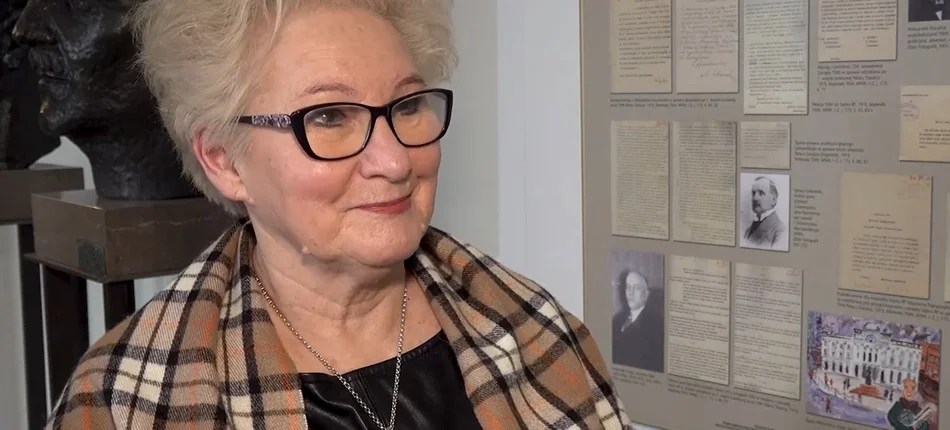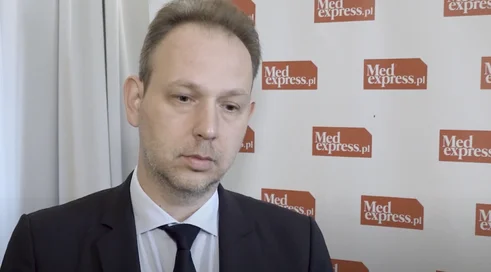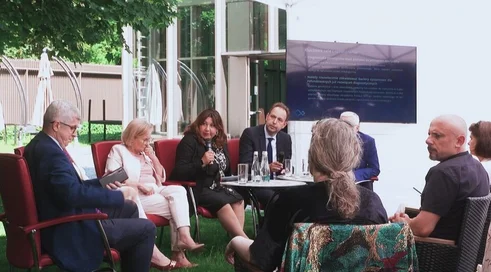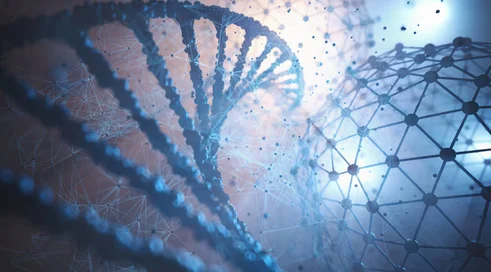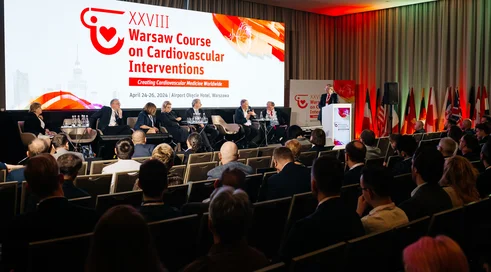A conversation with Prof. Anna Latos-Bielinska, national consultant in clinical genetics.
What necessary courses of action would need to be identified to make access to molecular diagnostics as good as possible?
You have to think about a lot of different things and, first and foremost, the law on genetic testing. Genetic testing is not an ordinary diagnostic test. It is very often the case that it is done only once in a lifetime. The Law on Genetic Testing will help regulate issues related to such a test. Another issu...
Content locked
To gain access to the complete English section of the Medexpress.pl, kindly reach out to us at [email protected].
If you already have an account, please log in





